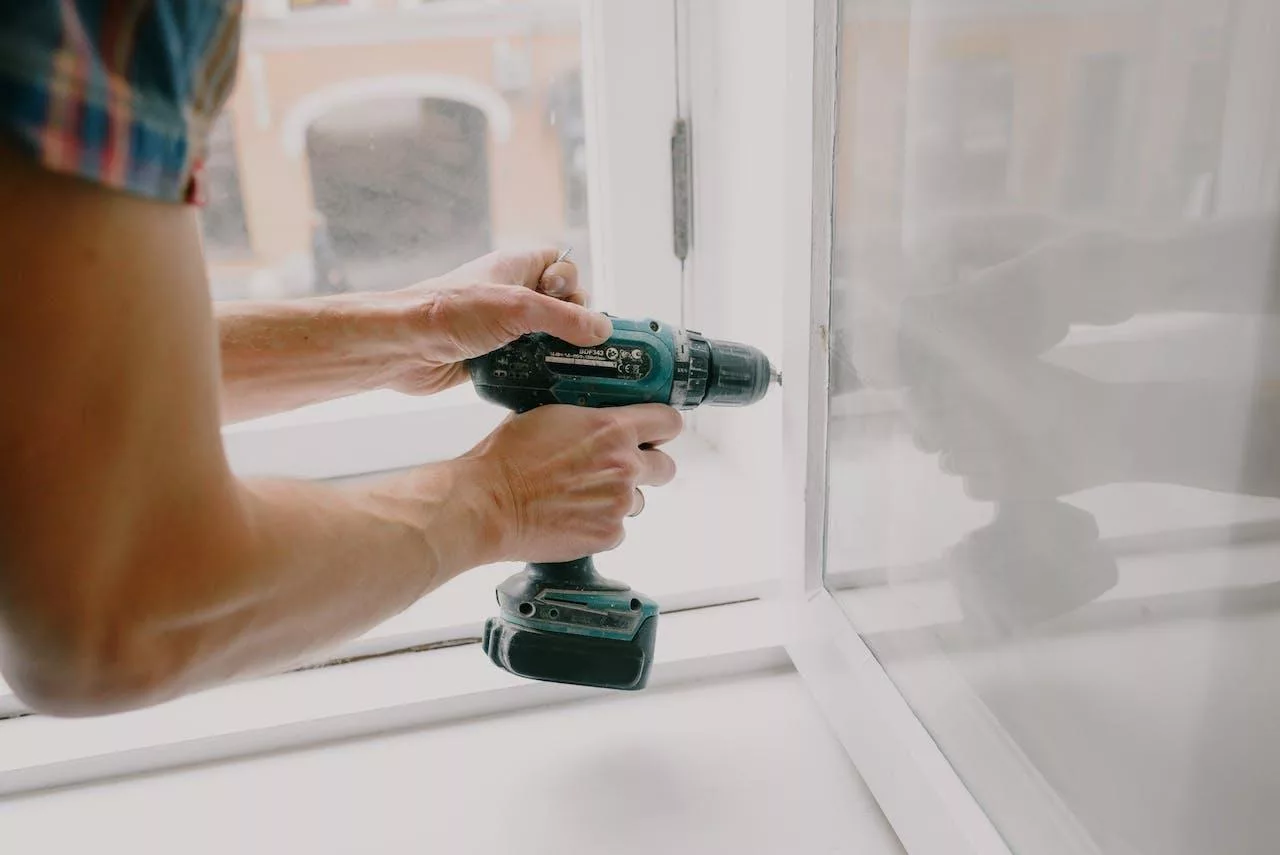When it comes to homeownership, your house is likely your most significant investment, so it’s crucial to care for it properly. Checking off seasonal home maintenance checklists may not be the most exciting way to relax, but neglecting your home’s needs can lead to costly repairs.
Similarly, it can be challenging to maintain a home alone, especially if you’re a first-time homeowner without a landlord or parents to help. However, home maintenance doesn’t have to be overwhelming if you have the right knowledge and the desire to do it right. Here are a few essential tips to ensure your home remains functional and visually appealing throughout the year.
Spring
1. Clean the gutters
Your gutters are vital in managing rainwater and snowmelt, safeguarding your roof, walls, and foundation. Clogged gutters can lead to roof leaks or water seeping into your home. Ideally, clean your gutters at least twice a year or more frequently if you have many trees near your roof.
2. Inspect the trees
Look for dead branches or trees that haven’t sprouted leaves as they should. If you notice any issues, it’s wise to call a certified arborist who can identify potential illnesses and address problems before they become severe. Preventing a weakened tree from falling onto your house is crucial.
3. Lawn and hedge care
Reseed your lawn to fill bare patches before summer heat sets in. Plant perennials and provide ample water. Once the grass turns vibrant green again and lilacs bloom, it’s time to fertilize your lawn.
Summer
4. Water plants and foliage
You and your lawnmower should become close friends during the summer season. Set your mower on the highest setting to avoid cutting the grass too short, which can lead to drought and weed problems. Regularly dig up weeds, ideally weekly. Water your plants and remove dead flowers to maintain a tidy garden that pleases you and your neighbours. Check local ordinances if you hire a professional landscaper, as some communities restrict specific equipment during the summer.
5. Sprinkler system check
After spring showers, your plants will rely on your sprinkler system for additional watering. If you need help performing the task yourself, consider hiring a landscaper. If you notice leaks, pooling water, or low pressure, it may indicate cracked underground pipes. This is a problem that typically necessitates calling a plumber.
6. Prepare for extreme heat
Before scorching heat waves arrive, prepare your home. Inspect weather stripping around doors and windows to keep cool air inside. Consider covering windows that receive intense morning or afternoon sun with drapes.
Fall
7. HVAC inspection
Hire a professional for HVAC or furnace repair in Winnipeg to service your furnace and ductwork. Ask the technician to check the thermostat’s functionality and ensure your ducts and vents are unobstructed and undamaged.
8. Clean the gutters
Once the leaves have fallen, contact your gutter company to clean and inspect them. It’s essential to address any repairs on the gutters or downspouts before winter arrives.
Ask the workers to inspect the roof for loose or broken tiles. Schedule this job before heavy snowfall, which could leave frozen leaves and debris in the gutters. Remember to drain and shut off your outdoor faucets before the first freeze and roll up your hoses for winter storage.
9. Call the plumber
For homes heated by steam, the boiler plays a crucial role. Call a plumber in New Tecumseth to perform an annual boiler checkup. Draining water from the boiler is also essential to remove any collected sediment. Make sure to refill the tank before turning it on. A plumber or heating specialist can also inspect your radiators to ensure the valves are functioning correctly and haven’t worn out.
10. Protect your home from pests and wildlife
As temperatures drop, animals and pests seek shelter and warmth, making your home an attractive target. By implementing preventative measures in the fall, you can minimize the risk of infestations and wildlife intrusions during the colder months. For instance, you can call a professional for pest or wildlife control in Barrie.
Winter
11. Roof, gutters, and downspout inspection
Your house endures the harshest conditions in winter. You must call a professional for an assessment and repair if you notice any damage. Once the ground has thawed out, this is also an ideal time to check your basement for leaks.
12. Stock up on supplies
Stay prepared by stocking up on ice melts before a storm is imminent. If you have pets or children, be cautious when choosing an ice melt, as some chemicals can be harmful if ingested. Look for brands free of salt or chloride. Even products labelled “pet safe” should be used carefully, ensuring your pets’ paws are wiped and they avoid licking treated snow. Remember that excessive ice-melting products can damage foliage, so use them sparingly. Also, ensure your shovel is still in proper condition from last winter since you’ll need it to clear stairways and narrow pathways, even if you have a blower.
13. Consider a portable generator
A portable generator can be a lifesaver during a power outage. Remember to power it up every three months and have it serviced twice a year, even if you don’t use it. Keep an adequate supply of oil and fuel in case of a storm. Avoid letting fuel sit in the tank for extended periods, as it can lead to damage. Check the generator for corrosion or wear on a regular basis.




